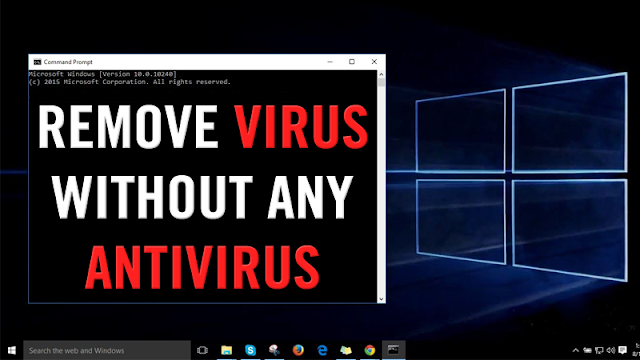After launching of Microsoft Edge it get famous, this web browser is packed with lots of security features that allow the user to brows web.
According to Microsoft’s blog:
“With Microsoft Edge, we want to fundamentally improve security over existing browsers and enable users to confidently experience the web from Windows. We have designed Microsoft Edge to defend users from increasingly sophisticated and prevalent attacks.”
Also Read: Boost Chrome browser security with these five add-ons
In this blog you will read about the three advance safety features provided by the Microsoft Edge that aim to make Edge safer than other available web browsers:
1. Stops Phishers before they try to attract you
Cyber phishing is one of the harmful thing for both a normal users and an organization. In phishing cyber criminals attempt to gain access to sensitive information with the help of different attractive and fake strategies.
A common method used by internet criminals to steal user’s personal and sensitive information is to redirect them towards fake websites which pretend to be websites they know and trust.
In the Microsoft Edge passport technology is used to prevent phishing attacks, this feature was launched in Windows 8. So instead of using a shareable password, Edge will automatically validate securely to applications which in includes websites and networks. So you don’t need passwords anymore. With the help of Microsoft SmartScreen technology, Edge will run a status check on individual websites to make sure that everything on the webpage user are trying to enter is okay. In case any unknown thing is found, it will display a warning message to the user.
Recommended Post: 7 Things Security Experts want Users to Know about the Digital World
2. Operates in a sandbox
Sandbox technology is very different type of security, the Internet Explorer is the browser was built directly into Windows. So, if the browser gets compromised then it will affect the computer system and it might be taken down along with the web browser.
But Edge browser is a universal app, constantly executing in a partial sandbox. Sandboxing is an actually a security phrase for executing a program or software in a restricted environment and protect it from any other programs that may be running on a device. So that, edge provides better security for the end user and incase Edge is compromised then the rest of the computer will be protected.
3. Deactivate unsavory extensions, such as ActiveX and more
Microsoft Edge web browser will not support disgracefully worrying browser extensions like ActiveX and VB scripts. Browser extensions are actually pieces of software that designed to make the browsing more flexible. But, some of the web extensions are not secured. Some extensions make the web browser more flexible and that allowed such programs to be used by the cyber crooks to gain access to your entire computer.
So, Edge doesn’t support these extensions and to fulfill the requirements it created a new extension-based model of its own.

























